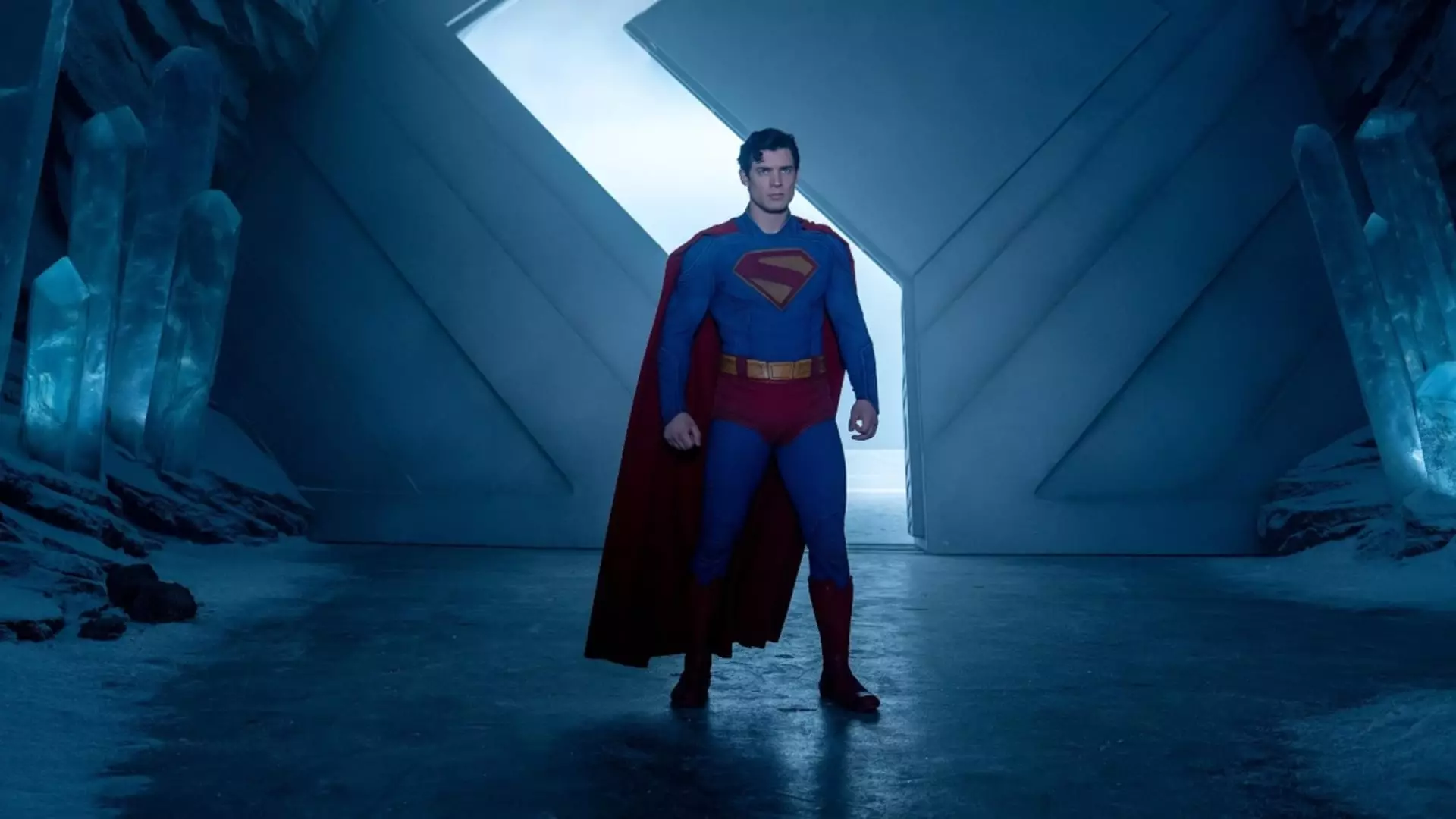The launch of Warner Bros.’ “Superman” under James Gunn and Peter Safran signifies more than just another superhero movie; it is heralded as the beginning of a revitalized era for DC Comics on the big screen. The film’s impressive preview numbers, reportedly hitting $22.5 million, suggest that anticipation remains high among moviegoers, especially fans eager for a comeback of classic heroes. Such figures not only exceed previous Superman previews but also position the film as a formidable contender for summer box office dominance. Yet, while initial numbers seem promising, history has often shown that great expectations in superhero cinema tend to outpace long-term success, especially when the foundation is built on eagerness rather than quality.
Statistical Context and Industry Aspirations
When analyzing the film’s early performance, it’s crucial to understand how these numbers compare within the superhero genre and DC’s historical record. The $22.5 million preview surpasses “Man of Steel” and is reminiscent of pre-release buzz for other blockbuster hits. However, what really sets the tone is the projection of a $130-$140 million third-day opening—optimistic figures that mirror past box office giants like “The Batman.” Still, such numbers are benchmarks, not guarantees, of sustained success. The industry’s occasional misfire — even with highly hyped superhero films — suggests that initial enthusiasm can be ephemeral if the film itself does not deliver a compelling, resonant story.
Are We Set for a Genuine Turnaround?
The strategic restructuring under Gunn and Safran’s leadership signals an ideological shift in DC’s cinematic universe—aiming for more hopeful, thematically consistent narratives. While critics are initially receptive, with Rotten Tomatoes giving the film an encouraging 83% rating, critical acclaim does not automatically translate into box office longevity. The challenge remains: can “Superman” convert this early momentum into sustained audience interest? It’s a question that only time and box office performances will answer. The recent trend indicates that rebooting beloved franchises often involves a risk of alienating longtime fans while trying to attract new viewers.
Impact of the Broader Cultural and Industry Context
The film’s promising start comes at a time of significant upheaval in the entertainment industry. Streaming platforms continue to dominate, and theatrical releases must compete fiercely for audience attention. Gunn and Safran’s long-term plan to reboot DC’s universe is ambitious, yet underestimating the importance of consistent quality and authentic storytelling could undermine their efforts. It’s not enough to generate hype; the films must resonate emotionally and provide a sense of hope in the often bleak reality of today’s world. Superheroes have historically been a mirror to societal desires—whether to see ourselves as capable of change or as protectors of moral order—and this reboot faces the challenge of aligning with contemporary cultural sensibilities.
Potential Pitfalls and the Future Outlook
Despite optimistic projections, there exist considerable risks. The recent superhero fatigue among audiences is real, with some declining interest in franchise fatigue and over-saturation. Additionally, the tendency for some rebooted series to falter after initial enthusiasm reflects a broader problem: unless the storytelling goes beyond surface-level spectacle, audiences grow wearied. Gunn and Safran’s experience in the genre is promising, yet their track record with Marvel’s “Guardians of the Galaxy” and DC’s “Peacemaker” suggests they are aware of the stakes. The true measure of their success, though, hinges on whether “Superman” can elevate the genre beyond formulaic expectations and foster a lasting cultural impact. In the brutal arena of blockbuster filmmaking, only time will tell if this new chapter will be remembered as a genuine renaissance or merely a fleeting illusion of hope.

